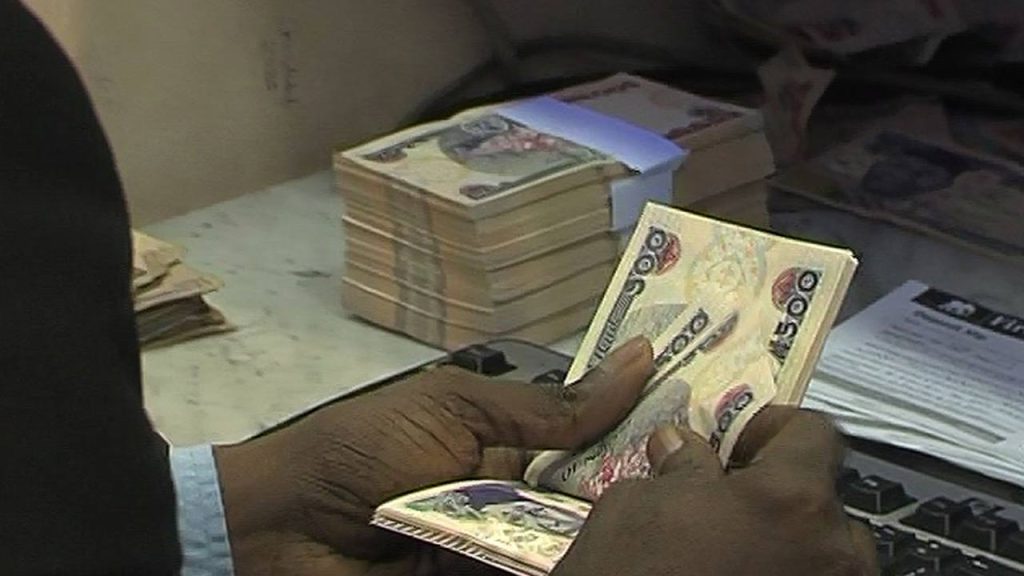The year 2024 witnessed a remarkable surge in foreign exchange inflows into Nigeria through International Money Transfer Operators (IMTOs), reaching a total of $4.76 billion, a significant 44.49% increase compared to the $3.30 billion recorded in 2023. This impressive growth underscores the impact of a series of reforms implemented by the Central Bank of Nigeria (CBN) under Governor Yemi Cardoso, aimed at liberalizing the foreign exchange market and attracting more remittances. The upward trajectory began early in the year, with January inflows experiencing a 32.5% year-on-year growth, followed by a substantial 67.3% surge in February. This positive momentum continued throughout the first half of the year, culminating in an impressive 83.3% increase in April, highlighting the growing confidence in the reformed system.
The strong performance persisted into the second half of 2024, with July and August emerging as standout months. These two months alone contributed nearly a quarter of the total inflows for the year, demonstrating the accelerating impact of the CBN’s reforms. July witnessed a remarkable 130% year-on-year increase, reaching $552.94 million, while August recorded an equally impressive 116% surge, reaching $585.21 million. This exceptional growth reflects the increased effectiveness of the measures implemented to boost remittance inflows through IMTOs. While the remaining months of the year exhibited some fluctuation, with a slight decline in November followed by a rebound in December, the overall trend remained positive, reinforcing the sustained impact of the policy changes.
Central to this success story are the reforms introduced by the CBN. A key change was the removal of the cap on exchange rates quoted by IMTOs in January 2024. Previously, these rates were restricted within a narrow band of ±2.5% of the previous day’s closing rate. This liberalization allowed IMTOs greater flexibility in setting their rates, fostering competition and potentially leading to more attractive rates for remitters. Furthermore, the CBN significantly increased the IMTO licence application fee, from N500,000 to N10 million, coupled with a minimum operating capital requirement of $1 million for both foreign and local IMTOs. While these measures raised the bar for entry into the market, they also enhanced its credibility and attracted more established players.
Another significant reform involved lifting the restriction on IMTOs purchasing foreign exchange from the domestic market. Initially barred from doing so, IMTOs were subsequently allowed to trade on the official market. This move provided them with greater access to foreign currency, further enhancing their ability to facilitate remittance inflows. Complementing these regulatory changes, the CBN established a Collaborative Task Force reporting directly to Governor Cardoso. This task force was mandated with doubling remittance inflows through several strategic initiatives, including fostering increased competition among IMTOs, strengthening engagement with the diaspora community, and promoting transparency in foreign exchange transactions.
Underscoring the CBN’s commitment to expanding the IMTO landscape, 14 new Approval-in-Principle licences were granted to IMTOs, signifying a growing ecosystem of operators. This expansion further intensified competition, contributing to the overall increase in remittance inflows. The reforms implemented by the CBN can be broadly categorized into three key areas: streamlining regulatory procedures, onboarding more IMTOs, and enhancing measures to increase the supply of foreign currencies. By simplifying the regulatory process, the CBN made it easier for IMTOs to operate, while the onboarding of new players injected fresh dynamism into the market.
The combined effect of these strategic initiatives has been a significant strengthening of Nigeria’s foreign exchange market. The increased flow of remittances through IMTOs has bolstered the supply of foreign currency, contributing to greater stability and resilience. The CBN’s proactive approach to reforming the remittance landscape demonstrates a clear commitment to leveraging diaspora remittances as a vital source of foreign exchange, ultimately contributing to broader economic stability and growth. The success achieved in 2024 underscores the effectiveness of these reforms and sets a positive precedent for future policy interventions aimed at maximizing the potential of remittance inflows. This sustained inflow of foreign exchange is crucial for Nigeria’s economic development, providing vital resources for investment, consumption, and overall economic activity.














